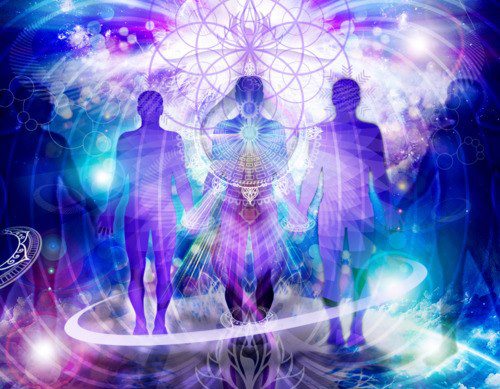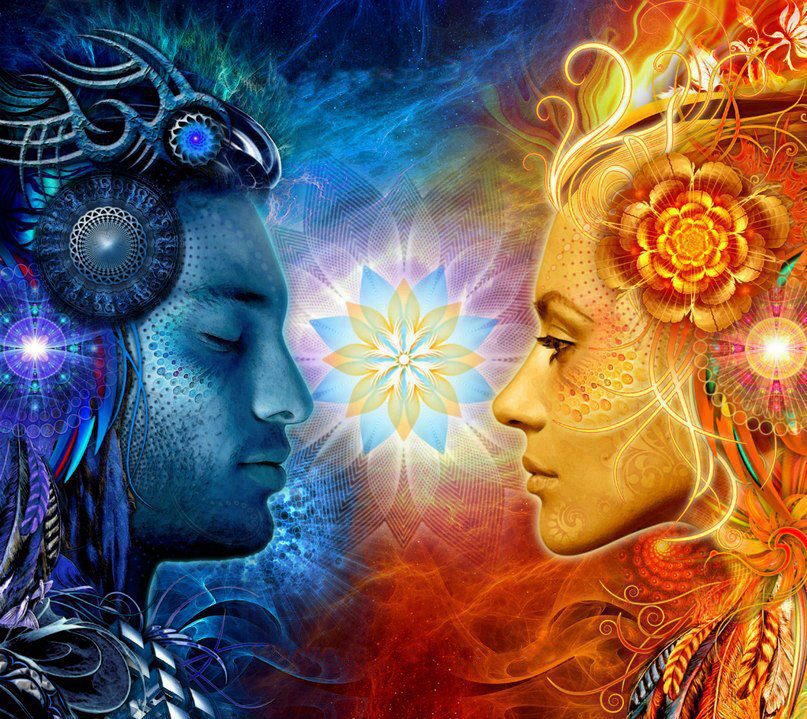
The topic of Collective Consciousness is one such topic that either it frightens you or it transforms you.
Your response depends on the state of the spiritual maturity you have at the time of receiving this truth. One thing is certain – truth frightens us. Man as such cannot handle too much of truth because he feels that the ground on which he is standing is moving away or his identity which he has built up in his entire life started to crumble away. That would be too much! Seriously, if truth were to be given out as it is honestly, many will run away and only a few brave ones will be willing to accept it. The simple truth is that truth straight away transforms us.

I was reminded of a discourse given by my master, Paramahamsa Nithyananda, he once said that: “An ordinary gambler requires 3 qualities – courage to start, the power to proceed or execute and the energy to let go.”
We all know that courage is necessary to understand the laws of gambling since it involves probable loss of huge sums of money, possessions and name and fame. The attitude of a gambler should be: If it goes it goes, if it comes it comes. There is no sure-win in gambling, in fact, the chance of losing your stake is higher than winning.
Once you have the courage to overcome this fear of loss, you need the power to execute with the play and stake what is necessary. The outcome being uncertain, you need the energy to let go and accept regardless of the positive or negative outcome. You understand clearly that it requires energy to let go both the extremes of the possible outcome.

In the Vedic tradition, a human life is believed to comprise four stages (called “ashramas”) and every man or woman should ideally go through each of these stages: 1) the First Ashrama – “Brahmacharya” or the Student Stage, 2) the Second Ashrama – “Grihastha” or the Householder Stage, 3) the Third Ashrama – “Vanaprastha” or the Hermit Stage and 4) the Fourth Ashrama – “Sannyasa” or the Wandering Ascetic Stage.
For me, marriage happened before I fully understood the sacred vows of a marriage. A few days ago, an article in Nithyananda Times (June 2013 issue) about “Saptapadi”, the Sacred Vows of Marriage caught my attention because this is one aspect that I am seeking higher guidance so that I can play the different dimensions of my life unclutched. As a Grihastha (householder), I want to understand the spiritual dimensions of a sacred marriage as a path to liberation which was prescribed by the ancient masters, sages and saints centuries ago.


